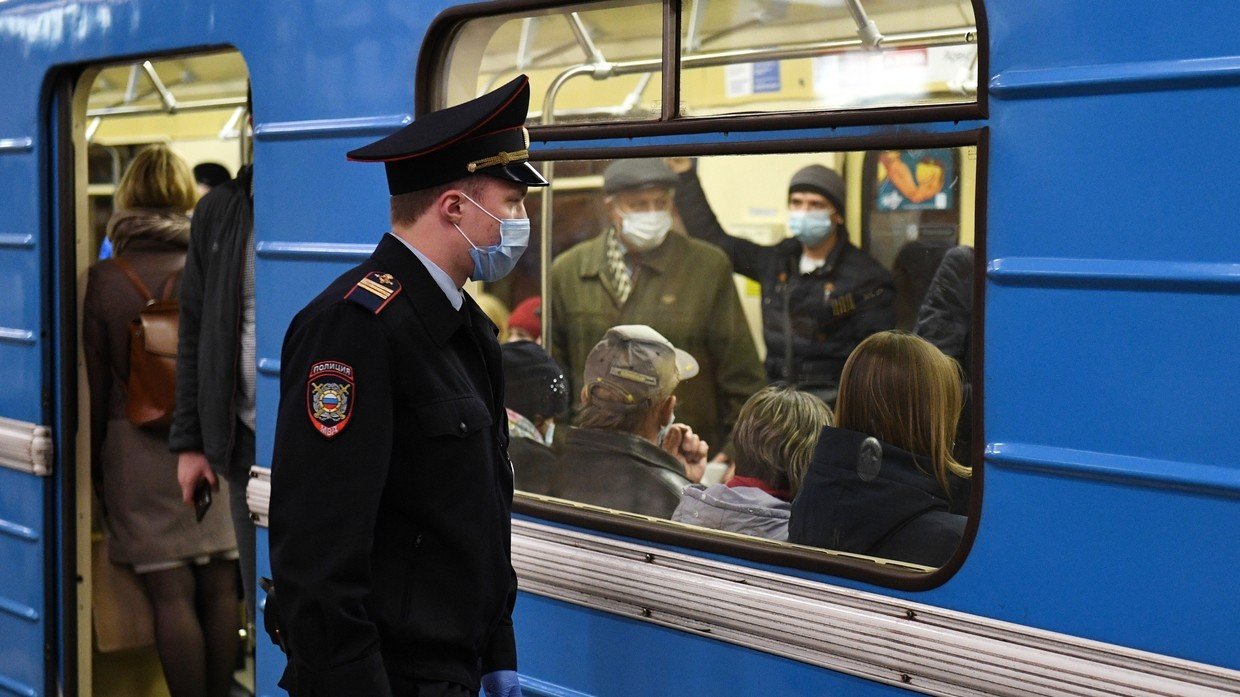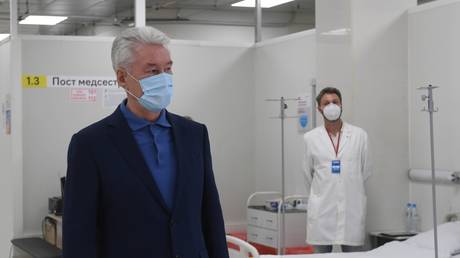After a strict lockdown last spring, the introduction of a second coronavirus quarantine in Russia has the potential to result in severe economic hardship and psychological suffering, which could eventually lead to mass unrest.
That’s according to Fyodor Lisitsyn, a senior specialist at Moscow’s Gamaleya Research Institute of Epidemiology and Microbiology, which was responsible for creating the world’s first-registered Covid-19 vaccine, Sputnik V.
Speaking to the TV channel Russia-24, the virologist explained that the knock-on effects of a strict lockdown, such as economic problems for millions of people, could eventually amount to an issue more significant than Covid-19 itself.
Also on rt.com Second wave of dreaded coronavirus pandemic is greatest fear of Russians, according to study of mass media & social networks“My personal opinion contradicts many other experts’,” Lisitsyn explained. “I now believe that the political complications, economic complications, and psychological complications caused by severe restrictive measures could have a destructive power exceeding their positive medical effect.” He also warned that new restrictions may lead to “mass gatherings on the streets” and the “collapse of anything and everything.”
In Lisitsyn’s opinion, the best method to prevent the spread of Covid-19 is to minimize trips abroad, and introduce quarantine on return to the country. “The rise in cases at the beginning of September was not caused by children going to school, but people returning home after summer vacation,” he explained.
Throughout the autumn, senior government figures have maintained that a spring-style quarantine isn't on the cards. However, on Wednesday, President Vladimir Putin told the board of the Russian Union of Industrialists and Entrepreneurs that the Kremlin does not intend to impose any second lockdown. "Regarding the possibility of severe, totally restrictive measures – we aren’t planning on it. The government has no such plans,” Putin explained.
Earlier this year, in the spring, the country saw some of the world’s strictest measures, with Moscow residents prevented from leaving their homes for anything other than food, medical help, or dog walking. The restrictions were partially lifted on June 16, with cafes and restaurants allowed to open terraces, and now most of the country is functioning normally, with each individual regional governor having control over their area’s rules.
Like this story? Share it with a friend!


